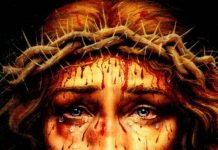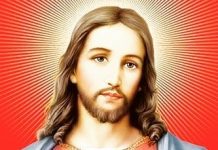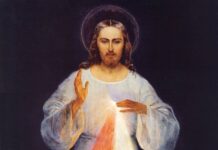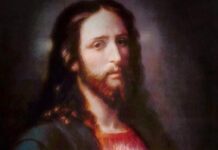What was exodus? Was it a simple act of the Israelites, with providential help, escaping from the cruelties of Pharaoh and his regime? Or is there another dimension beyond what we see? A recent video led me to think of the deeper meanings of the whole episode of exodus.
The physical slavery of Jacob’s children was but a background for the intense battle of two forms of worship that existed at that time. One, as we know, was centred on worshiping the true God who himself identified as the ‘God of Abraham, Isaac and Jacob’ (Ex 3:6) and the other a pagan worship system revolving around a plethora of false gods (Ex 12:12). These false gods were mere worthless idols. But human nature always has an attraction towards vanity, and the Israelites allowed themselves to be defiled by worshipping the idols of these false gods. It has been God’s constant complaint against His people that they exchanged His glory for false gods. And He warned them umpteen times about it. ‘Do not defile yourselves with the idols of Egypt’ (Eze 20:7),
Exodus is the history of the true God defeating an army of false gods and freeing His people from their spiritual bondage. With this in mind, let us have a look at what happened in quick succession in those days preceding the Passover.
Egyptians worshipped Nile as giver of life. By turning its water into blood (Ex 7:20) God made the Nile a river of death. Hequet the frog-headed goddess of fertility was humiliated when the land was swarmed with frogs. They came up into Pharaoh’s palace, into his bedchamber and his bed, and into the houses of his officials and of his people (Ex 8:3). Then gnats came from the dust of the earth (Ex 8:17). Gab, Egypt’s favoured earth-god was helpless before those small creatures.
When swarms of flies attacked the country, and all its houses (Ex 8:24) Uatchit the fly-god was silent. Hathor the cow god, and Apis the bull god worshiped by Egyptians were unable to prevent the mass death of the livestock of the country.
Egyptians had a god exclusively for healing. His name was Imhotep. But when their men and animals were infected with festering boils, Imhotep could not heal them. Similarly they had a sky- god with the name Nut. When hail and fire from heaven took a heavy toll on Egypt, Nut was but a silent spectator. Then locusts came and devastated the whole land, eating up their crops; but Osiris the god of crops and fertility was nowhere to save his devotees.
Perhaps, Ra the sun god was considered the most powerful among gods. But in those days of pitch darkness, this god was conspicuous by his absence. Still the Egyptians had one more god to try. It was none other than the Pharaoh himself, whom they considered a god, and who demanded worship from his subjects. Even his first born was not excluded when the hand of the Almighty came heavily upon that land of idolatry. Worse, Pharaoh’s first born was counted with the first borns of all his people and all his animals, thereby giving a heavy blow to his perceived divinity.
It was not just an exodus, but a holy war against idolatry. It was a targeted attack against specific false gods whom Egyptians worshipped. It sent shockwaves across the land. This attack from heaven was more spiritual than physical. It was not mere deliverance, but revelation. The revelation that no false god could stand before the true God. The revelation that they were mere idols, empty and worthless. The revelation that freedom begins when idols fall.
The takeaway is simple. Let our idols – pride, money, power, fame, beauty, race, achievements, worldly pleasures, comforts- fall and it will herald the real Passover we are called to.














